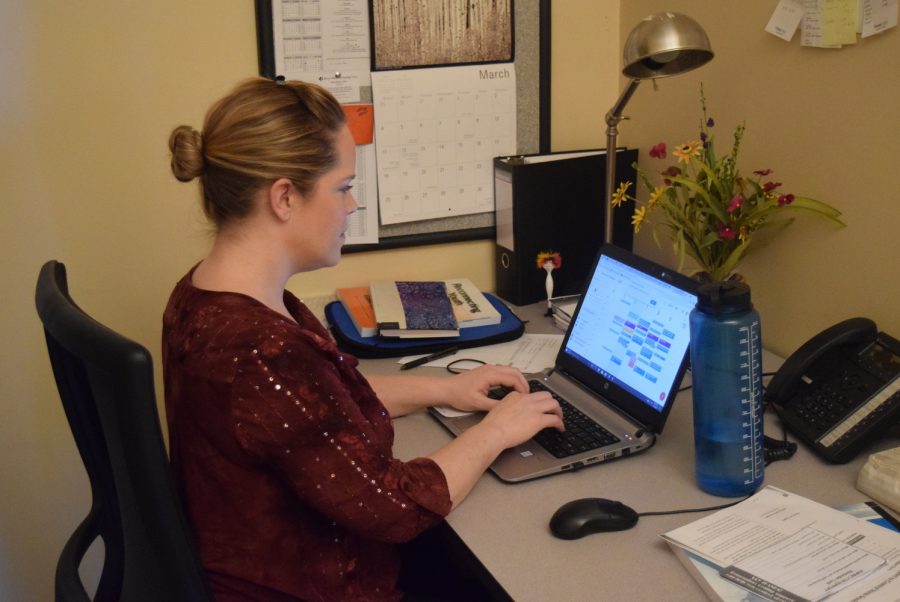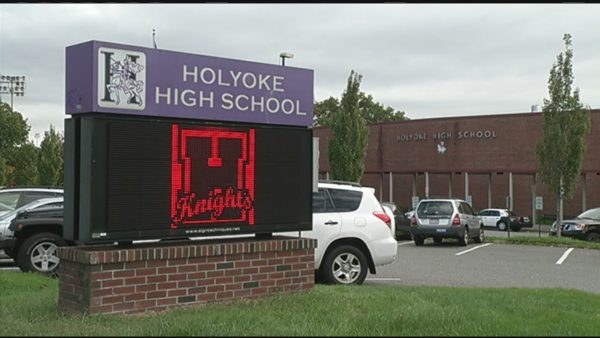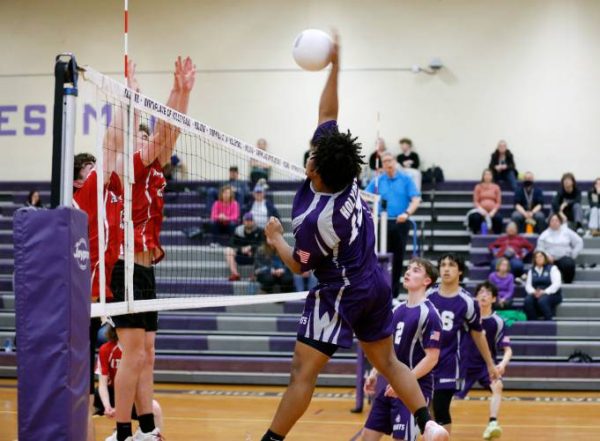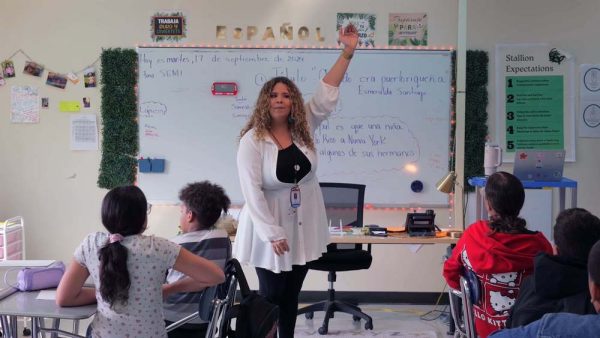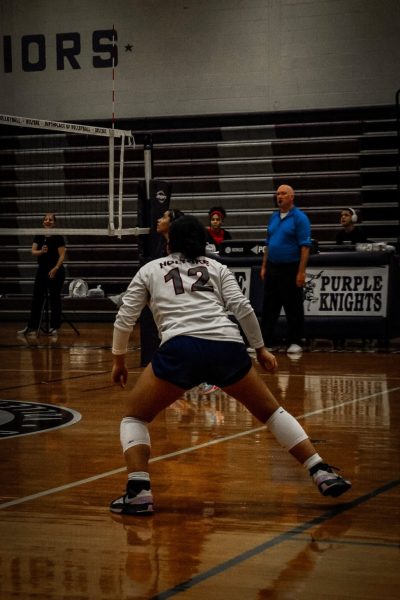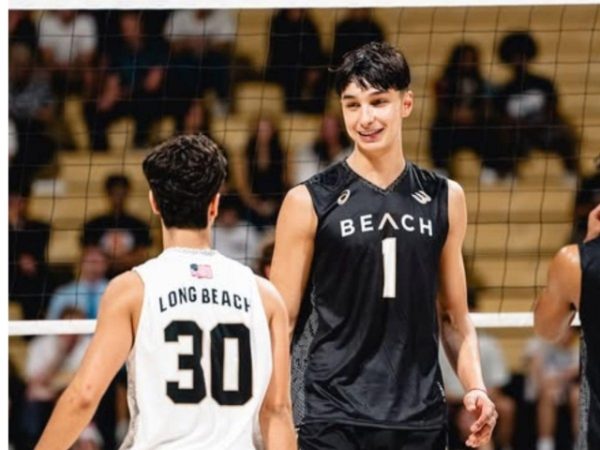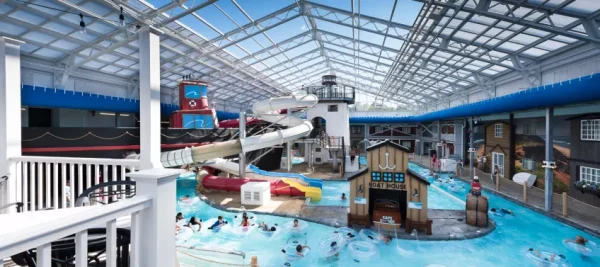Support Programs Offer Guidance To HHS Students
To help students navigate high school and their personal lives, Holyoke High offers many support programs such as Restorative Justice and SSR.
Imagine this: you’re a student at Holyoke High and you’re having a rough day. Everything has gone wrong. You forgot your homework at home as well as to study for your test in Algebra, got into an argument with your best friend, and every little thing is setting you off. What could you do?
Many kids ask themselves this same question. Teenage life is riddled with constant stress that many do not know how to handle in a productive way. Whether it be at home, from school, or the intrapersonal relationships students form, the inevitability of dealing with these issues is a constant battle. In a time of change and insecurity, the brains of adolescents are still maturing and are heavily impacted by their environment. Knowing that, how does Holyoke High support its youth?
A common answer among students is their guidance counselor. In addition to guiding students in their academic endeavors, they can support students in short-term situations that they need support in. “If a student is having a bad day, we can sit down with them and talk about what’s bothering them. In the case that a student may need long-term support, we can refer them to the Teen Clinic for a treatment plan, for example,” said guidance counselor Nicole Horton.
In the case of an event such as death, a student may need long-term support that a guidance counselor cannot provide. There are several professionals in the school that can provide therapy. The Teen Clinic is partnered with River Valley which can make the access to therapists easier, and several staff and interns in the Student Support Room (SSR) can provide therapy as well.
In the SSR, the interns are crucial. They assist the students in navigating healthy behaviors for situations they are in. Not only can they provide insight and introduce students to skills for coping with challenging situations, they can provide therapeutic support.
Others therapists that reside in the school can also provide therapeutic support, such as Erika Boulware, who can be found in the guidance office, Luke Woodward, on the third floor, and Jo Kent Kantz, by the SSR.
If a student needs help with a short-term problem, such as an argument with a friend, they can request a “circle” with Restorative Justice. “[It] offers support circles for those who need to talk about struggles or difficult times, whether it’s involved with academics or personal difficulties,” said Taina Reyes ‘18, a member of Restorative Justice. It can help come up with a solution in a manner that all voices are heard.
The success of many of these programs can be attributed to the Care Team. This group of staff work to make sure that students get the care they need by being proactive in finding support for them. The Care Team can be referred a student that, for example, a teacher suggested to look out for because they exhibited some concerning behavior. The Care Team will keep an eye on this student to make sure that nothing escalates.
Despite the myriad of resources that the school offers, many are unaware of the support that is available for them, including what that support can even do for them. “We definitely need to do a better job in promoting the help that is available for students. I stopped by freshmen health classes to talk to them about the resources they have, but that is not enough,” said Erika Boulware, an adjustment counselor.
Students are aware of some of these resources. Acadia Joniec ‘20 said, “I know there is an SSR room and we could always talk to our guidance counselor about any issues.” But students, I noticed, lacked an understanding of what the programs actually do.
In reference to Restorative Justice, Jose Roman ‘20 said ‘I’m not sure. I haven’t been introduced to that program but I’ve heard it’s helpful.” Without knowing what the programs do, how could students seek help?
Once I explained what resources we have and in the instances they can be used, I was met with surprise from students. “See, I had no idea about any of [the mental health resources] available and I’m a senior. I think the school needs to work harder towards raising awareness for those resources because many students struggle in silence and don’t know how to seek help. Teenagers struggle and it’s important we acknowledge and help them,” said Neelie Kaifer ‘18.
Holyoke High is certainly offering its best to its students, but how can the school improve in communicating with its students the help they can receive?



